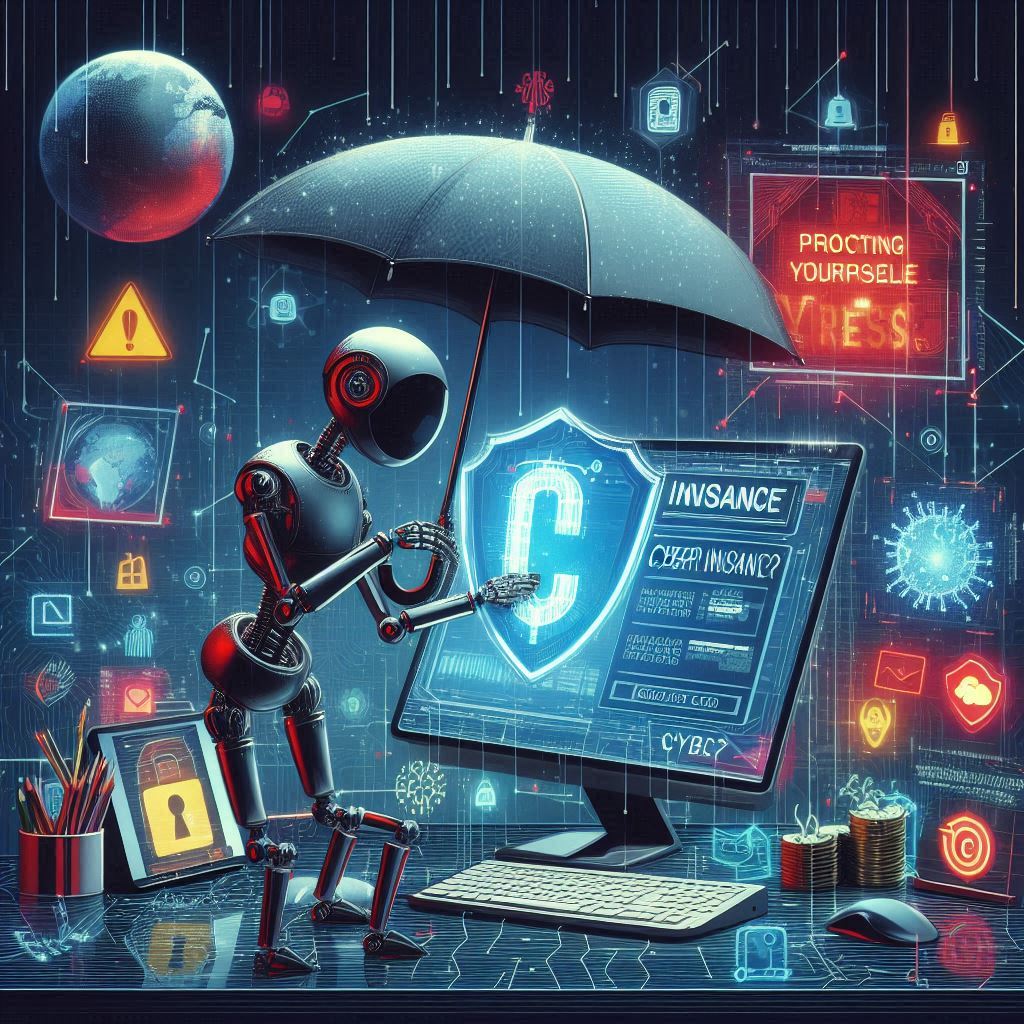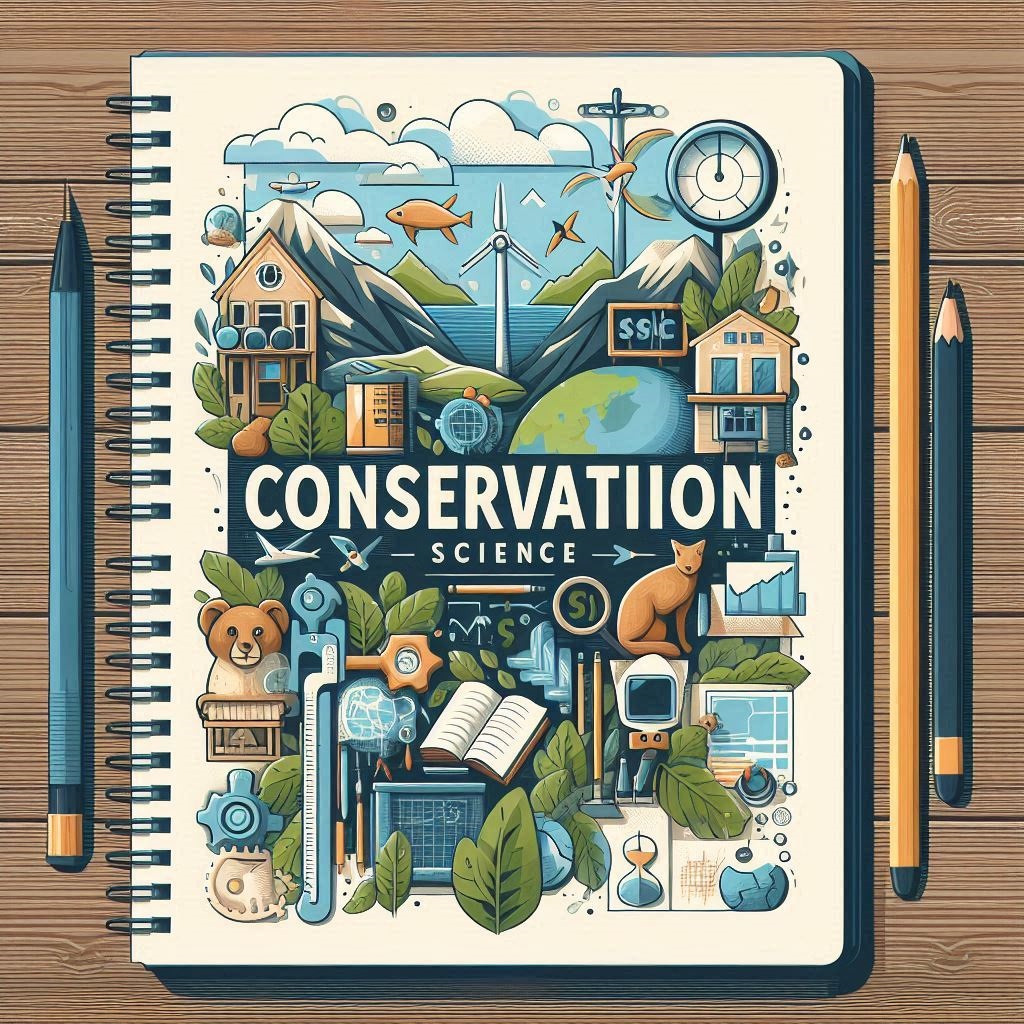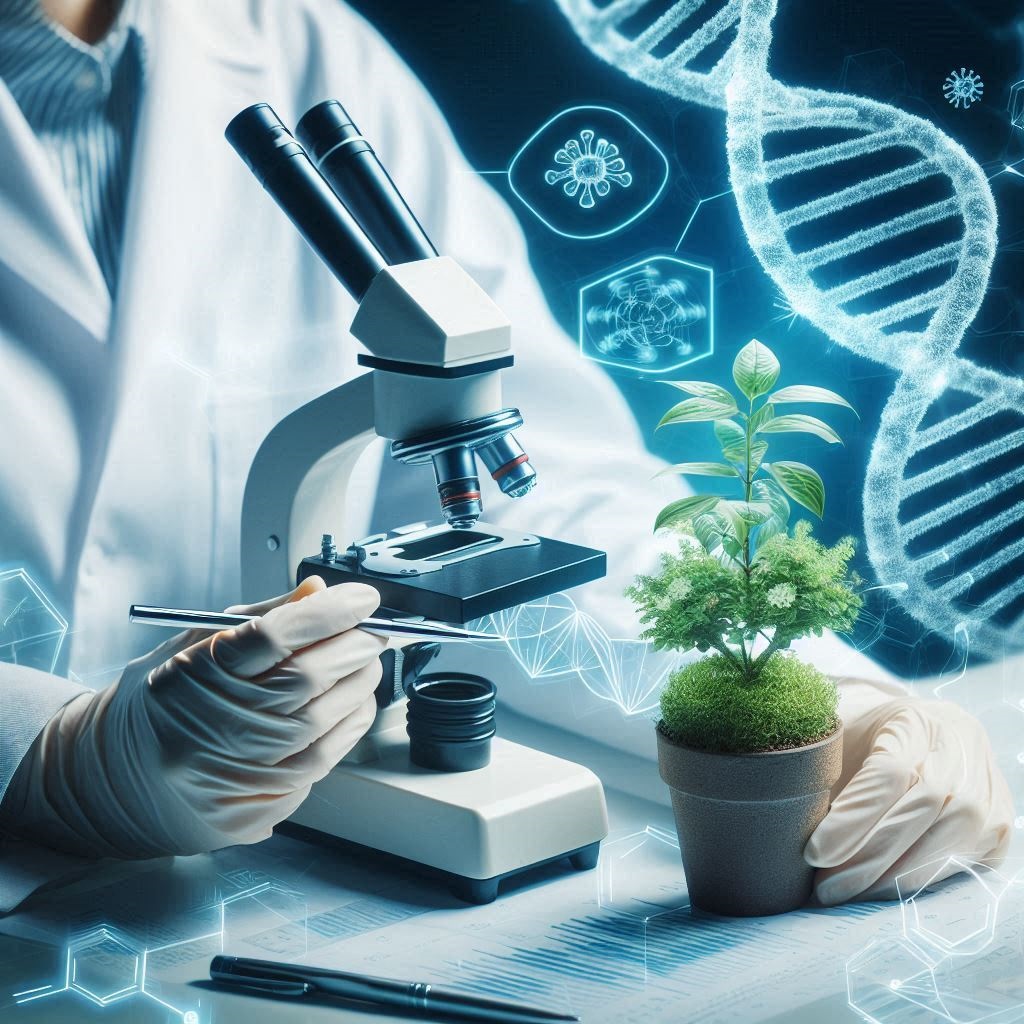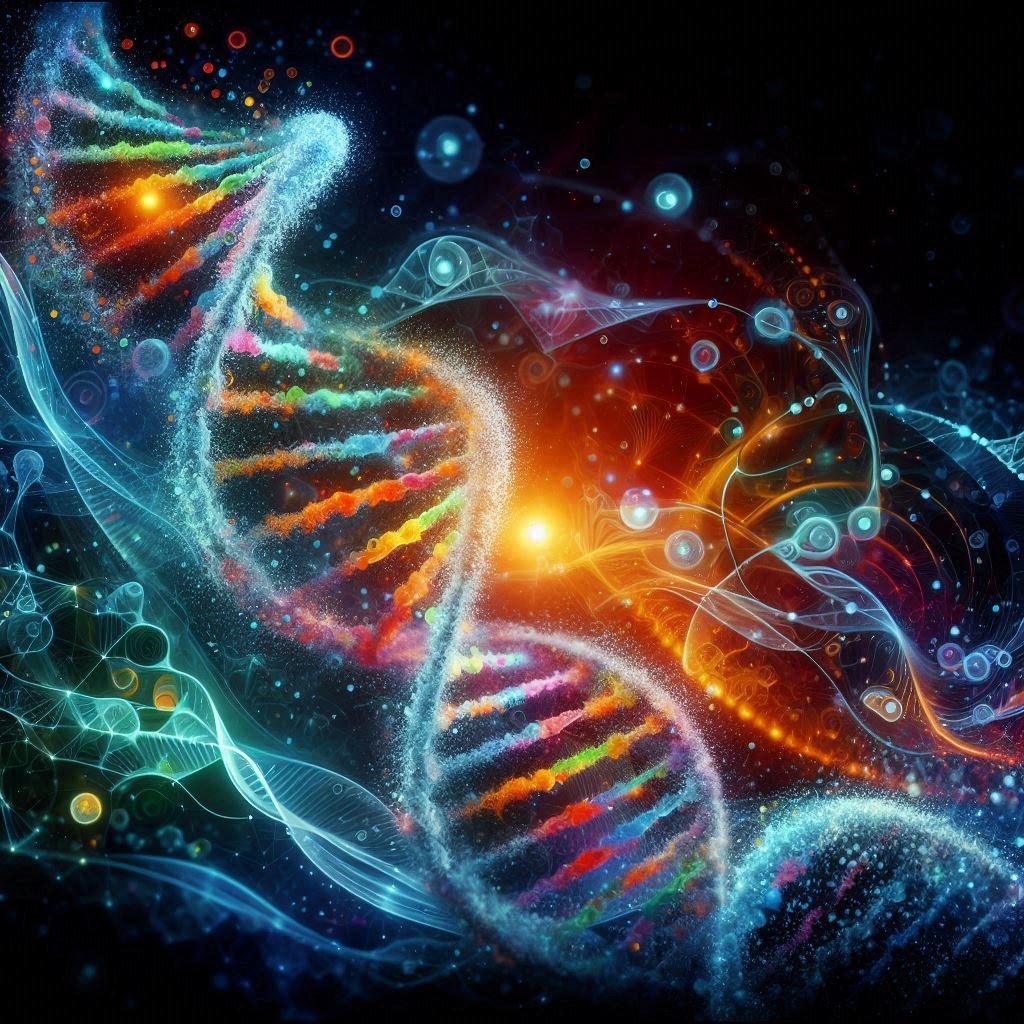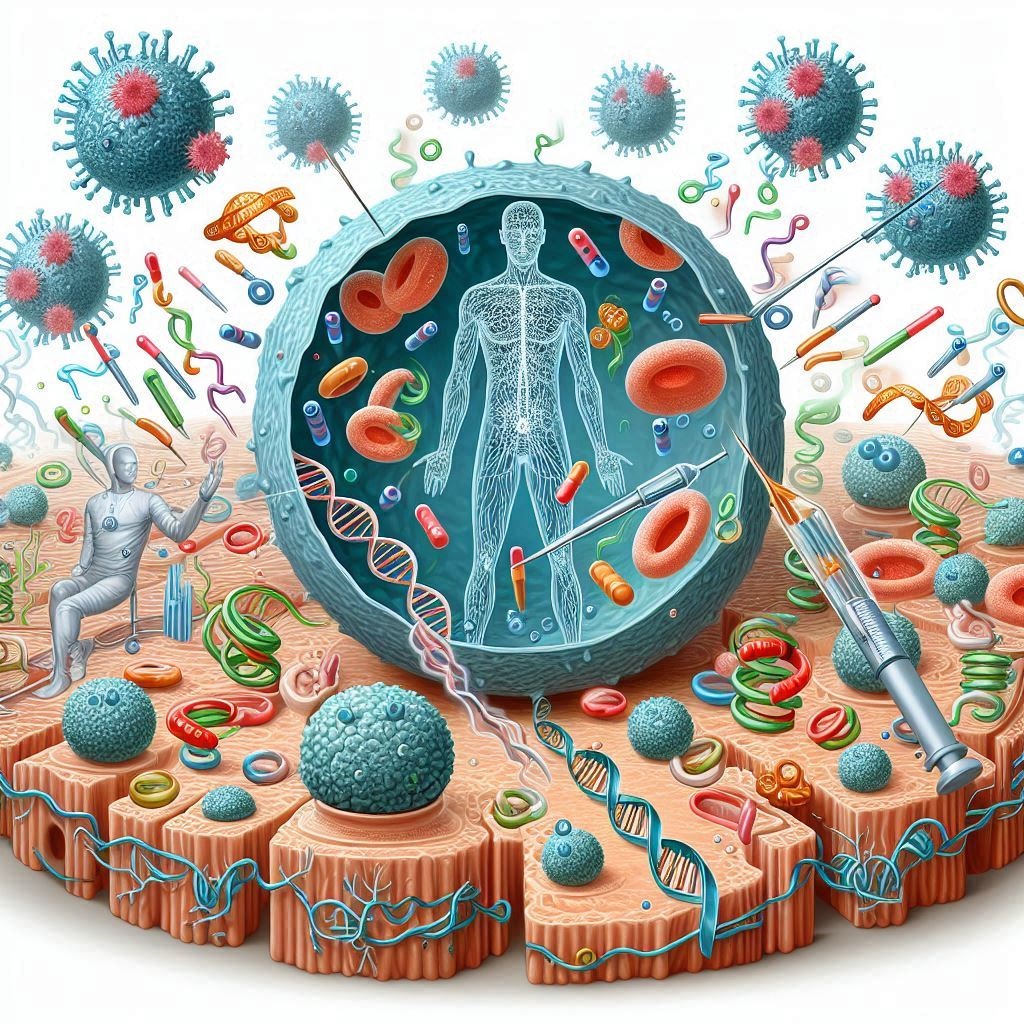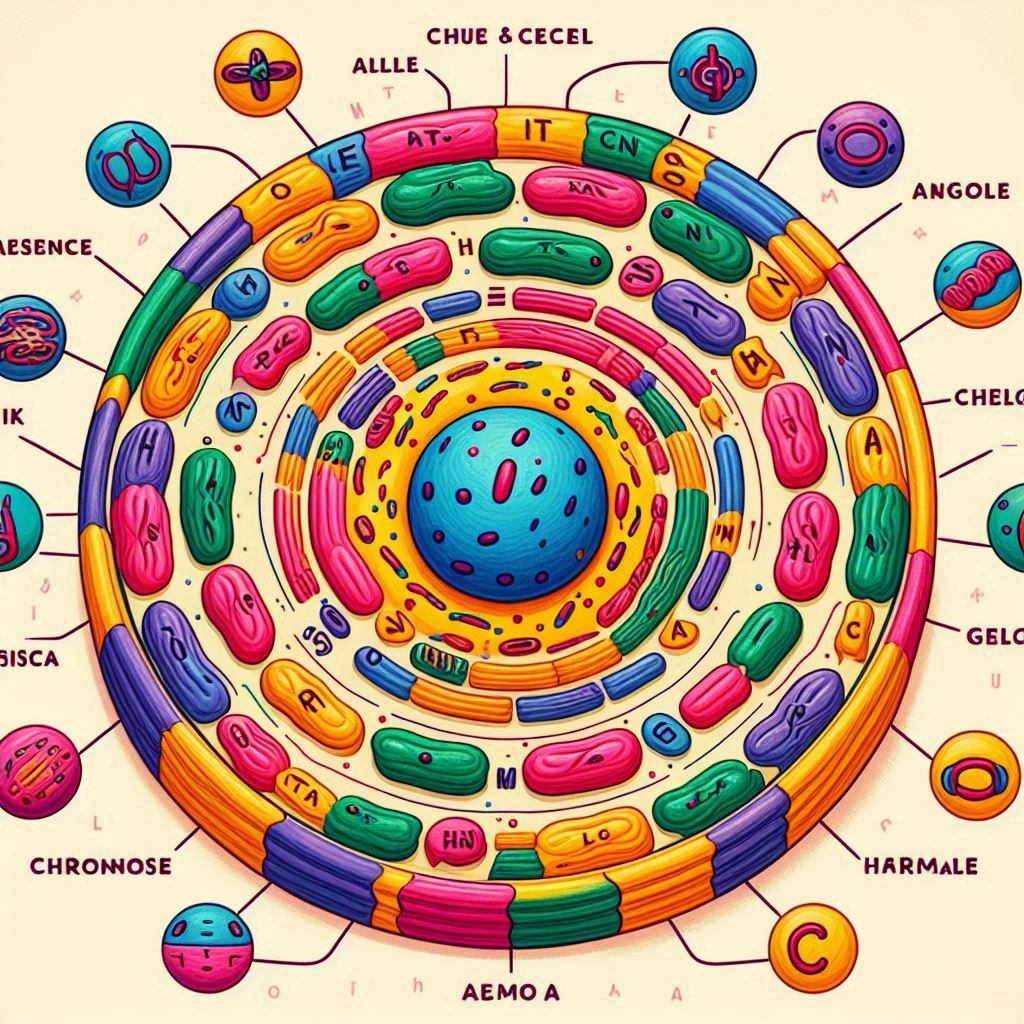Is Cyber Insurance Necessary? Protecting Yourself in a Digital World
Is Cyber Insurance Necessary? Protecting Yourself in a Digital World As our lives become increasingly digital, the risk of cyber threats—ranging from data breaches and identity theft to ransomware and…

